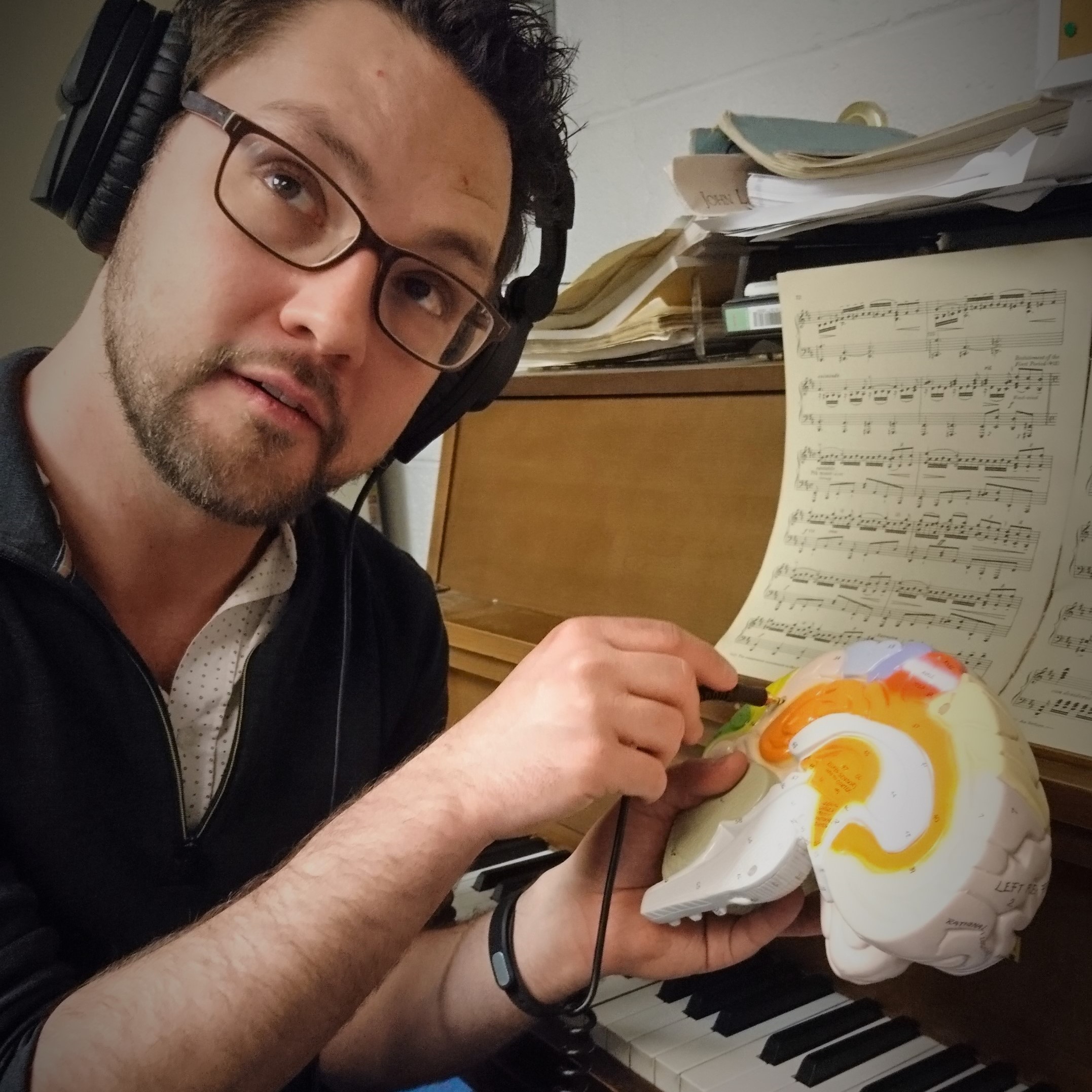Music in the time of corona – research seeks to uncover the global musical pandemic of 2020
AIAS Fellow Niels Chr. Hansen has initiated a worldwide research project and global network that will map our musical behavior during the corona crisis. Preliminary data show that it has become more popular to listen to music from one’s youth during the corona quarantine.

Despite imposed physical distancing, community singing has been blooming tremendously during the corona crisis, in Denmark and all around the world. Balcony singing and corona covers have become the antidote to social isolation and loneliness.
Researchers have known for a long time that music has played a key role in the creation of community spirit all throughout the ancient evolution of humanity. When homo sapiens started moving together in larger groups, physical touch between all group members was no longer feasible. It is believed that music, singing and dancing provided a means to consolidate social bonds and shared group identity.
Actually, the same evolutionary mechanisms were at play long before the corona virus put restrictions on public gatherings, for instance, when people were belting out the national anthem at the football stadium, singing hymns in church or the birthday song for friends and family. Today, modern information technology offers innovative ways of singing, playing music, and dancing together across physical distances.
Global investigation of our musical behavior during the pandemic
The increased musical activity during the pandemic will now be documented and investigated in a large-scale international research project entitled ”Music in times of the COVID-19 pandemic“, initiated by Assistant Professor Niels Chr. Hansen from the Aarhus Institute of Advanced Studies and Center for Music in the Brain at Aarhus University. The first step is to collect examples of corona-related music videos in a large, crowd-sourced database, and the next steps involve analyzing these videos along with data from social media, and conducting experiments online.
Together with colleague Melanie Wald-Fuhrmann from the Max Planck Institute for Empirical Aesthetics in Frankfurt, Niels Chr. Hansen has also established a global network of researchers examining the role of music during the corona crisis. After only a short time, this network has grown to more than 308 members from 191 universities and companies in 41 countries across the globe.
Niels Chr. Hansen and his colleagues have a number of hypotheses about our listening and musical behavior, among other things, that music can contribute to creating social cohesion, can act as a social surrogate when deprived of social contact, or as a much needed escapism.
”The act of listening to music on your own seems to have become more important now during the corona crisis. Often music constitutes a background for other activities such as house chores, study tasks and homework, but music is also played more often, when nothing else is happening. Attentive listening to music definitely seems to have gained a greater significance in people’s daily lives and is particularly used to tackle emotional challenges,” says Niels Chr. Hansen about the preliminary data from the survey.
”Moreover, the survey so far shows that listening to music from one’s formative years has become more popular. Music from when you were an adolescent may evoke a sense of safety and comfort by returning to the old days before the world changed so drastically”, adds Niels Chr. Hansen.
The data from the survey can help the researchers understand in what ways music is helping people in times of struggle, such as during the corona crisis, and prepare us for similar situations in the future. This knowledge can also contribute to the development of clinical and therapeutic interventions or ‘best practices’ for tackling loneliness and social isolation in health, well-being, and aerospace psychology.
More about the network
The research network comprises about 30 disciplines, represented by musicologists, anthropologists, computer scientists, psychologists, music therapists, medical doctors, musicians, composers, philosophers, linguists, neuroscientists, and many others.
Niels Chr. Hansen is, so far, involved in projects that investigate our music listening, singing and music performance behavior before and during the corona crisis; amateur’s and professional musician’s motivations for sharing music with others online; the characteristics of corona music and the use of popular hashtags about music and COVID-19 on Twitter and YouTube, such as #coronasongs, #quarantunes, #covidance, #pandemix and #songsofcomfort.
Read more here: https://www.aesthetics.mpg.de/en/research/department-of-music/music-in-times-of-the-covid-19.html
Take the survey on music and COVID-19: http://tiny.cc/Cormus
Contribute to the crowdsourced database of videos, hashtags, and media coverage about music during the COVID-19 pandemic: https://www.survey- xact.dk/LinkCollector?key=GV9DN8Y5UK15
Read the newspaper article 'Derfor er folk vilde med Phillip Faber: Folk hører happy-go-lucky-musik fra deres unge år som aldrig før' in the Danish national newspaper Politiken on Niels Chr. Hansen's research.
Contact
Niels Chr. Hansen
nchansen@aias.au.dk
Mobil: +4525338833
Aarhus Institute of Advanced Studies, AIAS
Aarhus University
Høegh-Guldbergs Gade 6B
DK-8000 Aarhus C
Denmark
Twitter: @nielschr_, @AIAS_dk
